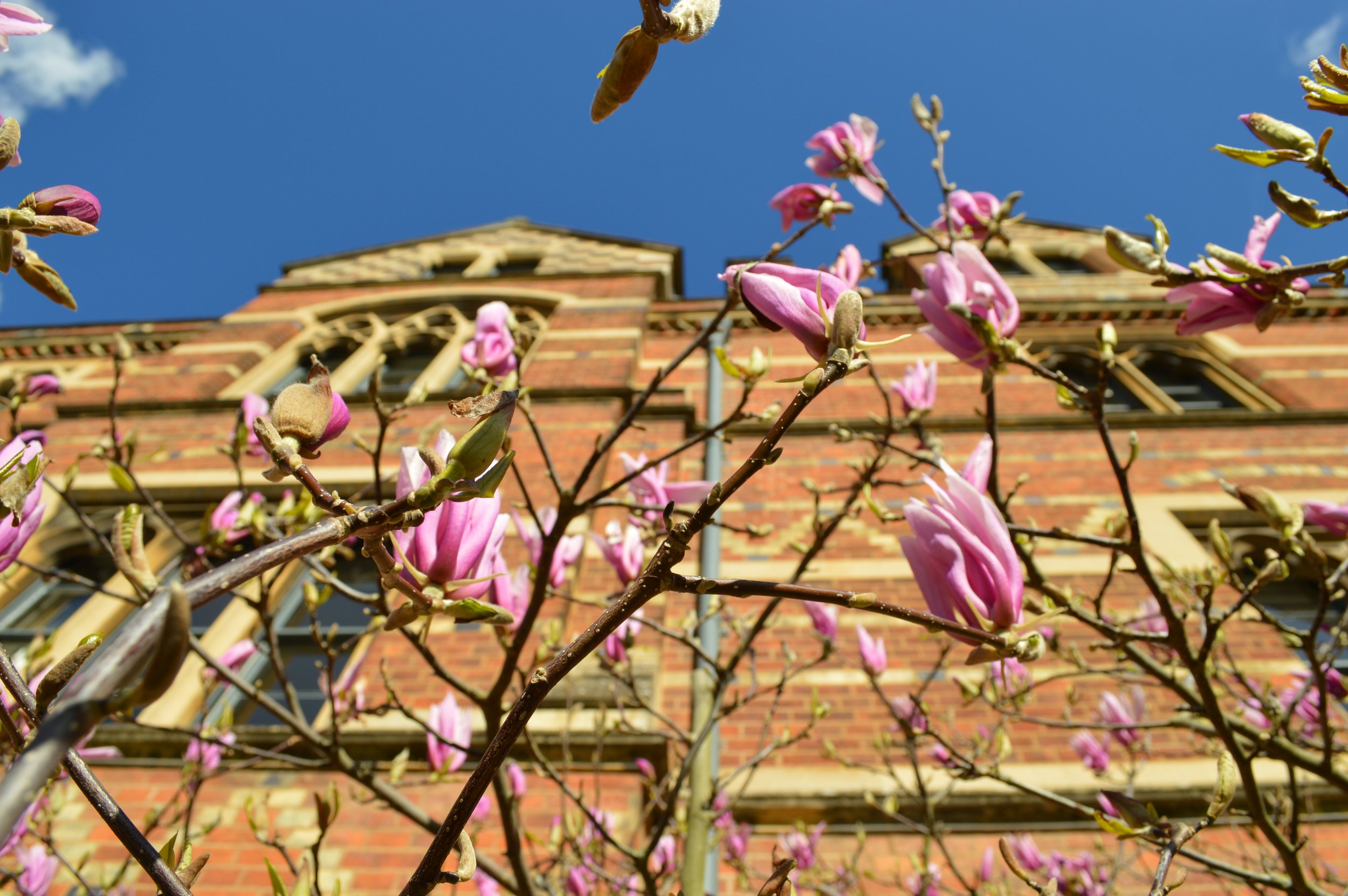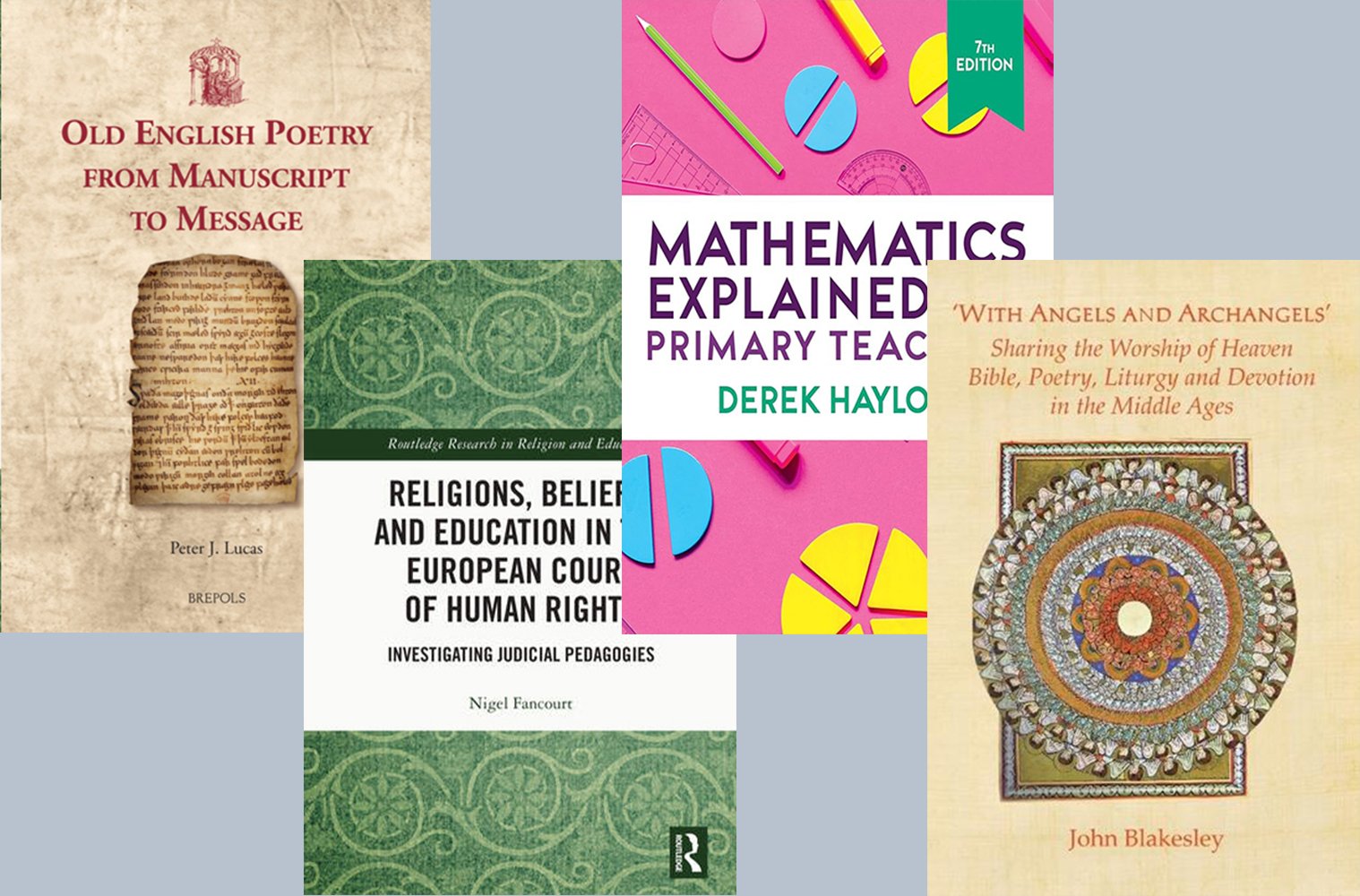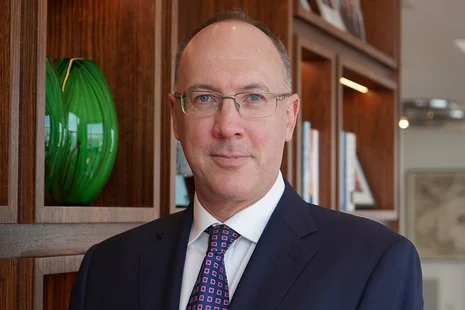What Keble Taught Me | Zoe Flood
Zoe Flood is an independent journalist and filmmaker. Based in Nairobi for nearly ten years and now back in the UK, she writes, shoots and produces for a wide range of international media, including outlets such as the BBC, Guardian, Al Jazeera, Washington Post, New York Times, Huffington Post, CNN, Channel 4, Sky News and National Geographic. She has covered major breaking news such as the ousting of Robert Mugabe in Zimbabwe and the Westgate shopping mall attack in Kenya, and now focuses on producing long-form, multi-platform investigations.
Zoe Flood (2002 Modern History and Politics) writes:
I applied to Oxford with little understanding of how and why to select a college and I opted for Keble for three reasons, on a sliding scale of diminishing credibility. Vitally, Keble was one of the first colleges to offer the new, upstart joint honours degree of Modern History and Politics. It also had a decent rowing record — I was then an enthusiastic member of my city club. And, not at all importantly, the male-female ratio was apparently well in my favour, although this was likely true of the entire university in 2002.
For once, my teenage hormones had my best interests at heart — I couldn’t have been happier with my somewhat accidental choice. Keble turned out to be a warm and friendly college which to me felt like it had room for most of us — regardless of your background, direction and/or niche interests. My college tutors, Ian Archer, Anna-Maria Misra, Mark Philpott and Daniel Butt, reinforced that feeling.
I know that it may not have seemed that way to everybody, but I am glad that Keble felt somewhat ahead of the curve in trying to think beyond the “classic” Oxford student. There’s still a long way to go of course but I felt that Keble was one of the earlier colleges to get the memo that Oxford needed to think a lot harder about how to better reflect British society, as well as the wider world.
Beyond slightly intermittent boat club duties (belated apologies, KCBC), my interests centred around rather impossible amounts of student journalism — I edited the Oxford Student (as well as summer stints editing the Oxford Handbook and Oxford and Cambridge Careers Handbook), deputy-edited Isis, co-founded the Oxford Media Society (which celebrated its 20th anniversary this year) and was founding editor of the Oxford Forum. I’m also proud to have deputised JCR Presidents Matt Lavin and, for one term, Mohsin Zaidi. I managed to fill every single minute of my time otherwise, including with some actual study — although I now agree with my tutors that a little more would have been excellent.
Keble taught me more than I can quickly articulate so I’ll share three learnings that really matter to me:
Curiosity makes for rich life. Keble — and the whole of Oxford — is a joyous hotbed of enquiry and my time there was key for me in building a life driven by curiosity. The experience taught me that learning never ceases and that, beyond the satisfaction of certainty, lies the much more exciting land of intellectual exploration.
You’re only who you are because of the people around you. In a world that overemphasises individual success and encourages us to imagine our own lives at the centre of all things, Keble showed me a truth that I took a minute to learn but that I still bear witness to every single day. Everything we do in life is thanks to a wider context — supportive family and friends, a welcoming college environment, mind-bending educators, colleagues and any community to which you belong. Getting a student paper out into the world is thanks to every single member of the editorial team, just as getting a documentary onto the BBC is only possible through collaboration. Living and learning at Keble made me even more committed to think about how, in a world filled with confrontation, we work better together.
Be bold. It’s both rewarding and uncomfortable to tread a different path, as I’ve tried to do while carving out a career as an independent reporter and documentary filmmaker working internationally on human rights abuses and the consequences of conflict. To me, innovation and creativity so often seem to shine brightest in response to life’s sharpest corners or when finding a way to do things differently. Because, of course, red brick will always stand out in a world of limestone.






